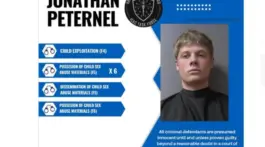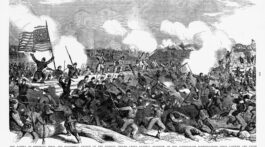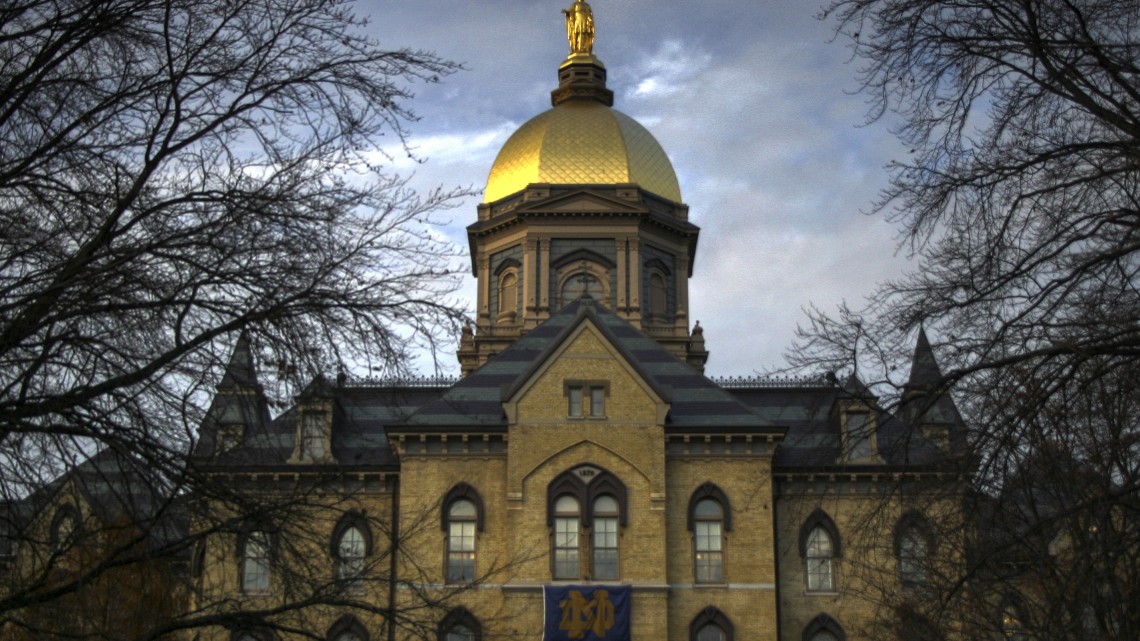Indiana House Democrats are criticizing Governor Mike Pence’s veto of legislation he says would create different standards for accessibility for private university police departments than ones at public universities.
House Enrolled Act 1022 provides that certain records of a private university police department relating to arrests for criminal offenses are public records and that an educational institution, a governing board of an institution, a delegated office or governing board, or an individual employed by an educational institution as a police officer have the same immunities of the state or state police officers.
“Throughout my public career, I have long believed in the public’s right to know and a free and independent press. Limiting access to police records in a situation where private university police departments perform a government function is a disservice to the public and an unnecessary barrier to transparency. While House Enrolled Act 1022 provides for limited disclosure of records from private university police departments, it would limit the application of the Access to Public Records Act following the Court of Appeals decision and result in less disclosure, therefore I have decided to veto the bill. Hoosiers may be assured that my administration will always be vigilant to preserve government accountability and the public’s right to know,” the Governor noted.
However, Democratic State Representative Pat Bauer says the legislation would have provided for more transparency when it comes to private university police records.
“HEA 1022 had unanimous, bipartisan support with only one vote against it during its entire journey through the Indiana House and Senate. Legislators in both chambers carefully examined the issue in public hearings and in both chambers. Unfortunately, most of the special interests who opposed the bill did not attend those committee hearings nor witness the debates on the bill in both the House and Senate. Yet, those same individuals claim the bill places greater restrictions on access to public records. As mentioned above, criminal acts would be considered public records as would accidents with injury. However, minor accidents, with no injuries, would not require private universities to create an additional level of bureaucratic paperwork on those accidents. I wish the governor had taken time to talk with the legislators who shepherded the bill through the process. There were as many Republicans as Democrats co-authoring and sponsoring this bill. Perhaps we could have explained to Gov. Pence that HEA 1022 protects the public’s right to know. Unfortunately, he did not find the time to consult with members of the Indiana General Assembly. Instead, Gov. Pence relied on misinformation.”
On March 15, 2016, the Court of Appeals of Indiana ruled in ESPN v. University of Notre Dame that Notre Dame’s police department is a “public agency” not a private entity under the Indiana Access to Public Records Act (APRA) and as such is subject to APRA requirements to produce certain documents unless otherwise protected from disclosure by APRA.














